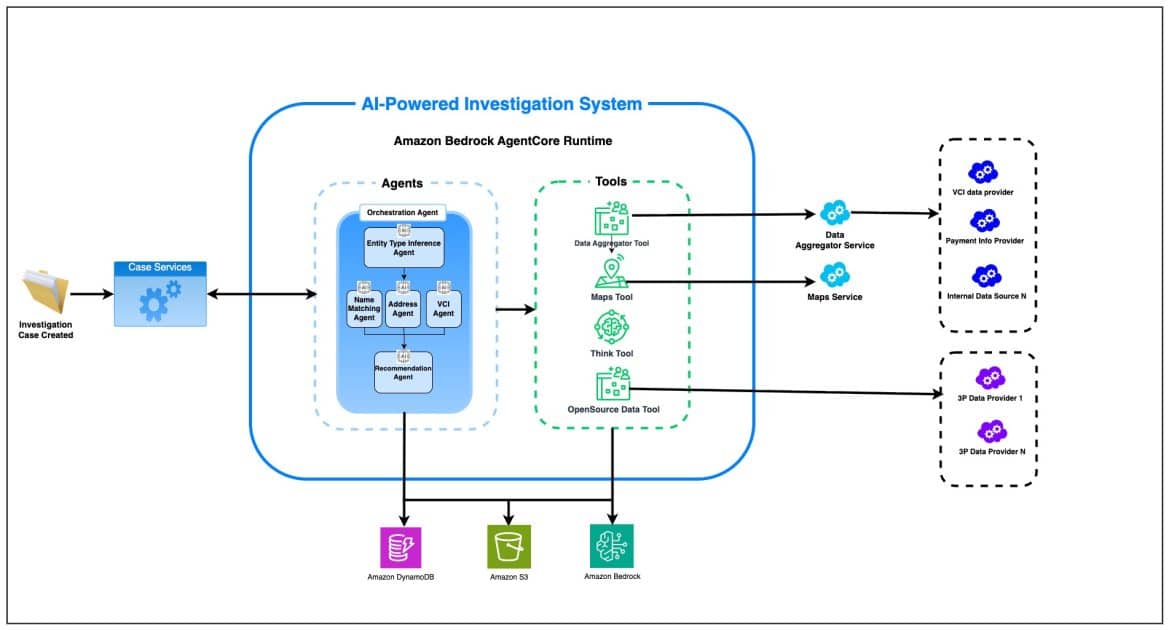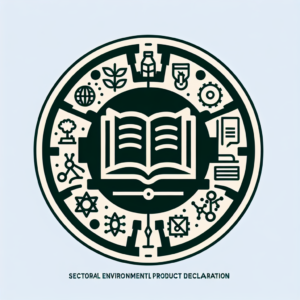Amazon has launched an advanced compliance system that uses artificial intelligence (AI) to monitor transactions and ensure that regulations are met globally. This initiative is part of a broader strategy that aims to mitigate risks associated with sanctions and other regulations, which can have significant financial and reputational consequences for the company.
The system, called Amazon Compliance Screening, has the ability to analyze around 2 billion transactions daily across over 160 businesses worldwide. This includes monitoring various sanctions lists from different jurisdictions, such as those from the U.S. Department of the Treasury and Her Majesty’s Treasury in the UK. As regulations become stricter, Amazon must improve its accuracy and efficiency in compliance operations to avoid bottlenecks that could impact the customer experience.
The architecture of this system is organized into three levels. At the first level, a screening engine uses sophisticated algorithms to identify potential matches with entities listed on sanctions lists. At the second level, machine learning models are used to filter out low-quality matches, minimizing false positives and allowing compliance teams to focus on real risks. Finally, the third level involves an AI-driven investigation system that evaluates high-quality matches, gathering relevant information and analyzing it according to standard operating procedures, generating case summaries and recommendations based on detailed analysis.
The AI agents within this system are designed to address different aspects of the investigation process. Among them are name-matching agents, which use techniques to recognize variations and cultural conventions in names, as well as address-matching agents that validate and analyze geographic data. Through this collaboration, the system achieves a 96% accuracy rate, automatically processing over 60% of cases, a significant improvement compared to manual reviews.
This advancement has been driven by lessons learned along the way, such as the importance of well-defined standard operating procedures and the value of iterative agent development. Additionally, the design of appropriate tools and observation from the beginning of the process have been crucial to the system’s success.
Through these initiatives, Amazon demonstrates how artificial intelligence can transform compliance practices, improving efficiency and maintaining high regulatory standards in a constantly evolving regulatory environment.
Referrer: MiMub in Spanish











